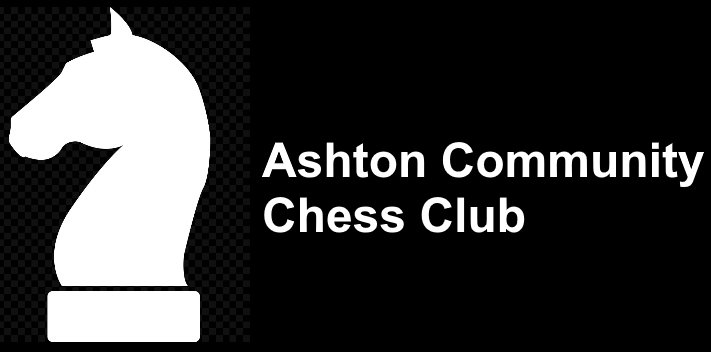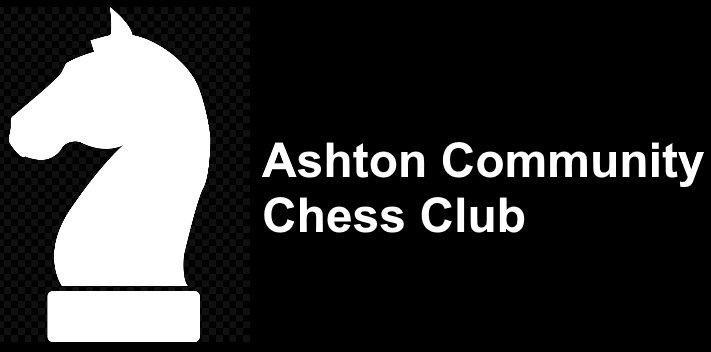Some initial advice for student (and parent!)
During each game:
- Try to concentrate throughout the game. It is “only a game”, so don’t be frightened, but you want to win, so concentrate! The winning formula is therefore relaxed concentration.
- Do not waste time during the game; every minute is precious.
- In every position, always look at all the “forcing moves” first.
- Playing a chess position is like exploring a dark forest, full of danger. Look where you are going and take care at every step.
- Make sure that each move you make is “blunder-checked”; make the move you’re considering "in your head” and have a careful look round the whole board before you play it.
- Look after your pieces and your pieces will look after you. Keep your pieces happy. For instance, your rooks like open files and your bishops just love long diagonals!
- Loose pieces lose games.
- Every pawn move creates a weakness.
- Always record your serious games as neatly and carefully as you can, so that you can look at them again afterwards and learn from your experiences.
- Use your opponent’s time for trying to understand the position; look at positional features such as pawn structures, pawn majorities, passed pawns, strong or weak squares, good or bad pieces; work out suitable plans for both sides.
- Use your own time for calculation.
- Remember that chess is “two-way-traffic”. Try to put yourself in the mind of your opponent - what does he or she want to do? Try to work out the best moves for your opponent as well as yourself. If you don't do this, you are playing "hope chess", not "real chess"!
- If your opponent plays very fast, don’t let this affect you. Play carefully, at your own speed.
- Keep control of your nerves and your feelings - for instance if you are surprised by one of your opponent’s moves, or if you suddenly realise that you have blundered, take some time to calm down and find the best move - do not move quickly when in a state of shock - it will almost certainly be a blunder!
After each game:
- Whatever the result, if there is time, invite your opponent to go over the game with you. The point is to find out the truth about the game. Let your opponent do most of the talking - pick his or her brains! In a tournament, after every game make sure that you have a drink and a bite of something light and easily digestible and, if possible, take a walk in the fresh air to clear the mind. Put the previous game out of your mind – it is over, so look forward to the next one.
- Do not have a heavy meal before a game or eat a lot of sugary foods. Drink water. If tired during the game, maybe nibble a little chocolate.
- For the next round, arrive at the board a few minutes early and start to focus.
Training
- Chess is 90 per cent tactics. You can never do too much tactics practice, e.g. 1) puzzle positions 2) playing through grandmaster games, trying to guess the next move.
- It is important to have a good knowledge of basic endgames. Once you have sorted out the basics of king and pawn endings, you need to look at other endings, especially rook and pawn endings (which are the most common).
- It is a good idea to play training games with one or more friends, ideally someone a bit stronger than you. You could even organise little tournaments amongst yourselves at weekends or holidays. Even if you have a PC chess programme or a chess computer, it is worth making an effort to organise games against other humans, since this is much more fun! If you use clocks, playing 5-minute games can be fun and useful for practising your openings, but games at a slower time limit are probably more useful for improving your game. Consider joining an Internet chess club as well such as Lichess. If you do I recommend you play 15 minutes per side.
Planning your openings
- The main aim of the opening is to reach a playable middlegame. For a young player graded below 100, the best course is usually to sort out a set of openings based on 1.e4 that will give you an open game, with simple, solid but aggressive plans to give you plenty of tactics practice. Between say 60-120 grade, playing gambits is a great way to improve your tactical ability and have interesting games.
Events
- Play as much chess as you can, but take a break whenever you feel like it. Chess should be fun, so when you feel you have had enough for a while, stop and take a break.
- At your chess club, try to play against opponents who are stronger than you. Be prepared to lose a lot of games on the way to becoming a strong player.
- Divide the year up into quarters; in every three-month period, try to play in a mixture of events, for instance:
- rapid-play as well as long-play;
- junior and senior events;
- alternate events in which you have a good chance of a prize with events in which you are definitely an underdog;

